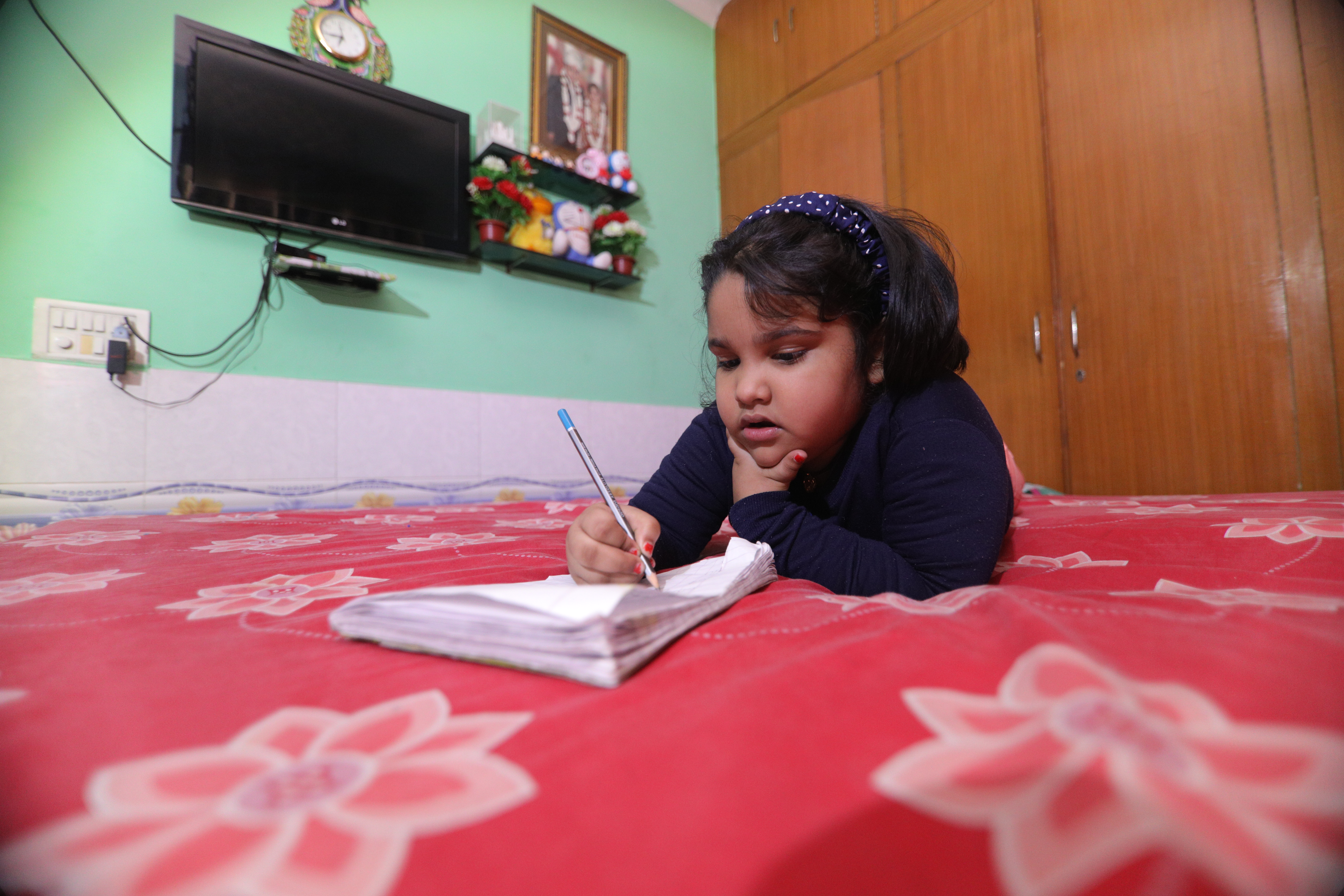News release
From:
Does obesity affect children’s likelihood of survival after being diagnosed with cancer?
Study finds that obesity at diagnosis is an independent predictor of inferior survival.
A recent population-based study indicates that among children with cancer, those with obesity at the time of diagnosis may face an elevated risk of dying. The findings are published by Wiley online in CANCER, a peer-reviewed journal of the American Cancer Society.
The retrospective study was based on information from the Cancer in Young People in Canada (CYP-C) database, including all children with newly diagnosed cancer aged 2 to 18 years across Canada from 2001 to 2020. Obesity was defined as age and sex-adjusted body mass index at or above the 95th percentile.
Among 11,291 children with cancer, 10.5% were obese at the time of diagnosis. Investigators assessed 5-year event-free survival (survival free of cancer relapse), as well as overall survival.
Compared with patients without obesity at the time of initial cancer diagnosis, those with obesity had lower rates of 5-year event-free survival (77.5% versus 79.6%) and overall survival (83.0% versus 85.9%).
After adjusting for factors including age, sex, ethnicity, neighborhood income quintile, treatment era, and cancer categories, obesity at diagnosis was linked with a 16% increase in the risk of relapse and a 29% increase in the risk of death. The negative impact of obesity on prognosis was especially pronounced in patients with acute lymphoblastic leukemia and brain tumors.
“Our study highlights the negative impact of obesity among all types of childhood cancers. It provides the rationale to evaluate different strategies to mitigate the adverse risk of obesity on cancer outcomes in future trials,” said co–senior author Thai Hoa Tran, MD, of the Centre Hospitalier Universitaire Sainte-Justine, in Montreal. “It also reinforces the urgent need to reduce the epidemic of childhood obesity as it can result in significant health consequences.”



 International
International



